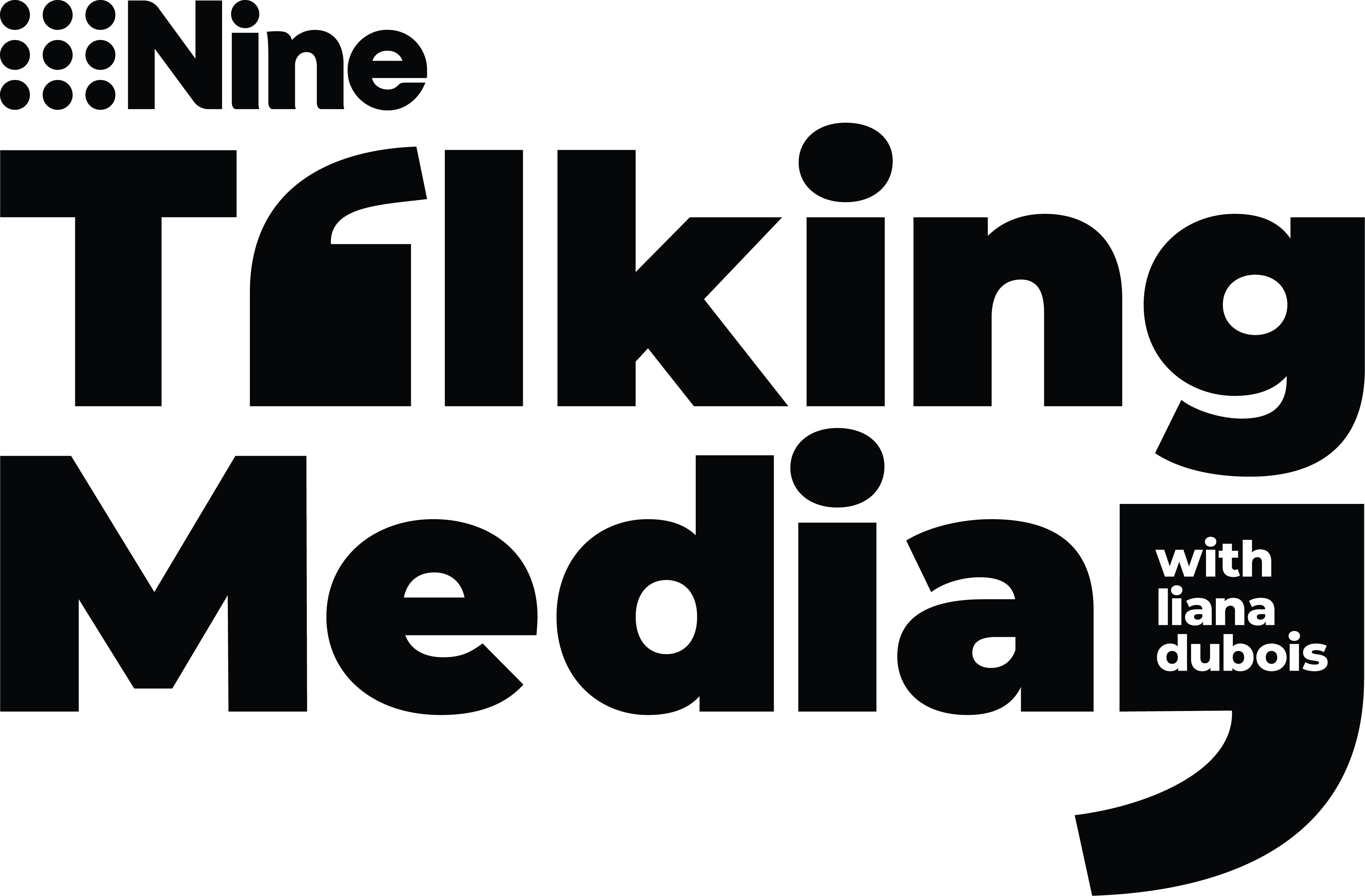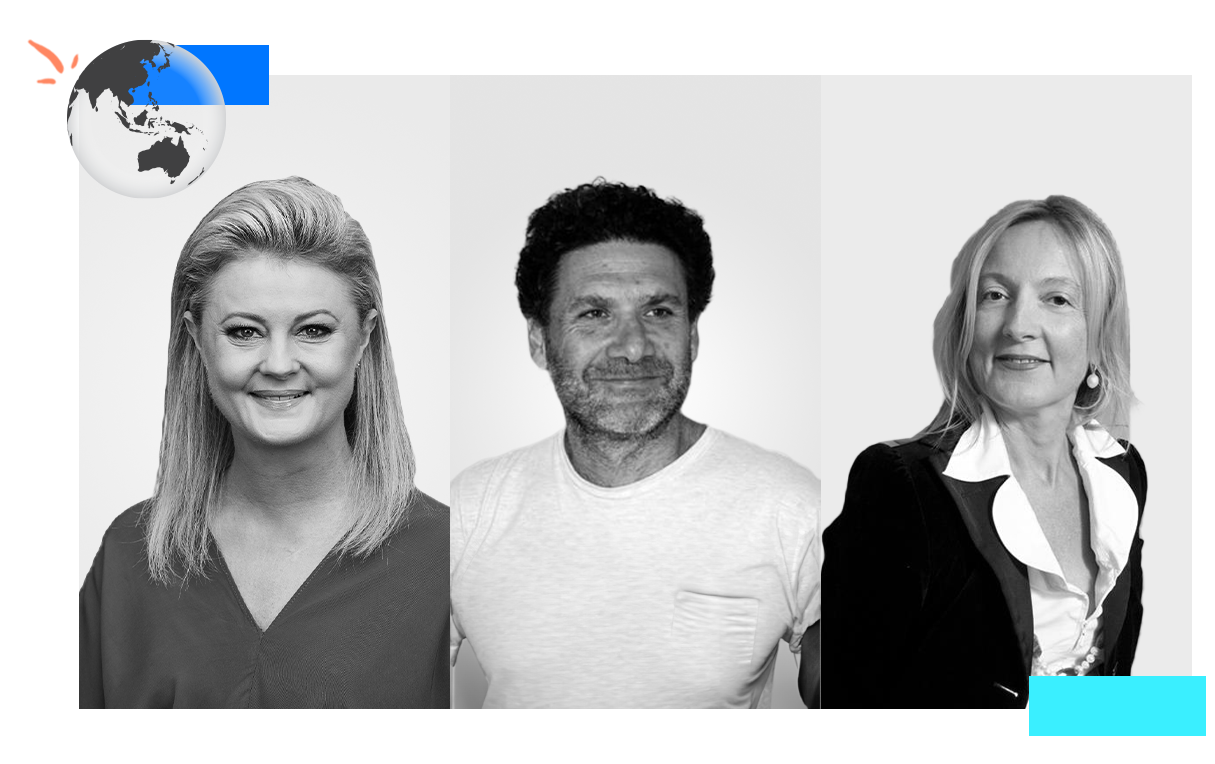



CURIOSITY QUOTIENT
Belinda Rowe and David Alberts: Mindless media, ‘juniorisation’, shallow purpose and why CQ – curiosity quotient – is replacing IQ and EQ in marketing’s future supply chain
High-calibre Australian exports Belinda Rowe and David Alberts have bossed it globally in media, creative agencies and beyond. They think Australia’s marketing supply chain can remain relevant by simplifying, heading upstream, building businesses around curiosity, and better matching more diverse junior and senior talent to where media, marketing and advertising needs to head to survive.
It's not rocket science
Australia is insulated from the rest of the world. That brings both upside and downside, say two industry heavyweights with global experience at the highest level.
Brash confidence can only get people so far, suggest Belinda Rowe and David Alberts. “Be a learn it all” instead of “a know it all”, says Alberts, while Rowe thinks Australia would benefit from more diverse leadership instead of the same faces job-hopping at the top – and listening to, and employing, a broader, more diverse range of voices full stop.
Meanwhile, they think experience counts now more than ever – yet media owners and agencies continue to shed older heads as Alberts’ “juniorisation” runs rampant. That leaves older staff facing narrowing options and robs junior staff of mentors and imparted wisdom.
Rowe, a former global boss at Publicis-owned Zenith, thinks diversity and difference of thought is why independent agencies are thriving locally and globally as brands recognise that the “cookie-cutter” scale on offer from global holding companies is less relevant now that technology is cheap and widely available.
Alberts, a one-time regional creative director at BBDO, Publicis Mojo and ECD/Chairman at Grey Global before founding leadership network BeenThereDoneThat, thinks media and marketing can solve its problems by stripping back complexity, de-siloing and focusing on what matters, i.e. a race to the top instead of a race to the bottom.
That is, “considered media” and nudging consumers to “buy less, but buy better” versus “TikTok made me buy it”.
The enemy, says Alberts, is “mindless media”. The fix, he suggests, is focusing on relevance and simplicity, with businesses leading from the top on purpose that inspires staff and permeates outwards – enabling brands to walk the talk and giving consumers and customers something genuine to believe in.
In that sense, brands should aim to be more Pukka Tea and less Kendall Jenner-era Pepsi, according to the duo, harnessing the full potential of their collective experience and financial firepower to contribute to culture instead of trying to “own culture”.
Says Alberts: “It’s not rocket science, just talent pointed in the right direction.”
Culture, nuance, diversity, purpose
In a wide-ranging podcast, Rowe and Alberts unpack how the Australian market differs from its global counterparts when it comes to change. Australian CEOs are “much more hopeful about the future of their business”, says Rowe, while in the US, there’s a much stronger “imperative for reinvention” – “they feel that potentially in 10 years that their business might not be relevant as it is today”.
Rowe says that sentiment is something that leaders may look to embrace locally, and for Alberts, it all comes down to the need find different ways of working. “It’s a simpler model, a talent-based model that actually can help solve problems, because we’re not solving a lot of them at the moment,” he says.
Diversity of thought begets better brands, suggests Rowe – and embracing diversity must come from the top so that it flows through the entire organisation. “Because that gets reflected out to what you’re doing in society and how you’re interacting with customers,” she says. “If you don’t have that, if you’re not authentic, if you’re not living your values and your culture internally, then it’s really hard to get momentum.”
Longevity, ageism and curiosity as differentiator
For much of the last century a high IQ was seen as an indicator of problem solving, logic and likely success. Then EQ, or emotional intelligence, came along and seemingly trumped it. But Alberts thinks CQ – curiosity quotient – is the new differentiator.
“Going forward, I think EQ is going to be replaced by CQ,” says Alberts. He thinks it can help solve what he calls the “juniorisation” of media.
“The curiosity quotient is something that can happen at all ages of your journey. In fact, our job now is to help make a more curious workforce. A lot of corporations have got so used to cutting senior people and taking away the agency of the employees and outsourcing the thinking. But if we can find a way to stimulate that curiosity within organisations, then I think you’re going to once again breathe life back into organisations that are stagnating.”
By instilling and rewarding curiosity, Belinda Rowe thinks businesses will find the answers to the existential challenge of remaining relevant in a rapidly changing world – because a diverse, curious workforce will help find those solutions naturally. But that means making work work for the workers.
“We need to look at different models and different ways of working,” says Rowe. “And that is a simpler, talent-based model that actually can help solve problems – because we’re not solving a lot of them at the moment.”
Media, lose the bias; advertisers, think what you’re funding
While social media is eating the lion’s share of digital ad dollars, Alberts suggests those dollars are fuelling division.
“I’m currently very involved in a project for the European Commission on how to tackle hatred in society. It’s a project where we bring 150 citizens from around Europe together to discuss the issues and challenges being faced,” he says.
“One of the things these citizens said is that the whole algorithmic role of social media to get clicks and as a marketing tool is to divide rather than bring people together. I think they really identified the vested interests of those platforms to do that.”
But he says “traditional and independent media”, i.e. legacy publishers, are also increasingly perceived as unbalanced, divisive and part of the problem.
“I think there’s a very strong feeling coming through that the role of different media companies is to put forward their own points of view and use their media channels to divide and conquer as well,” says Alberts.
“Brands need to understand the audiences they’re talking to and where they place their media. But I think people [publishers and platforms] need to start understanding what the citizens of society are looking for and understanding the responsibilities we have in tackling hate in society.”
Have a question or comment about this episode? We'd love to hear from you. Please fill in the form.



